31 Classic German Beer Styles Every Brew Lover Needs to Know
German beer represents a fascinating cultural treasure deeply rooted in centuries of brewing tradition.
Artisan brewers have perfected techniques passed through generations, creating remarkable liquid art.
The passion behind these beverages reflects meticulous craftsmanship and regional pride.
Brewing methods vary dramatically across different German territories, each producing unique flavor profiles.
Remarkable ingredients and time-honored processes transform simple grains into complex, nuanced drinks.
Regional styles showcase incredible diversity, from light and crisp to rich and robust.
Local brewmasters take extraordinary pride in maintaining exceptional quality standards.
These 21 signature German beer styles will revolutionize your understanding of brewing excellence:
Best German Beer Style Types for Every Beer Fan
German brewing sets the gold standard for beer lovers. Explore style types that range from crisp pilsners and malty bocks to refreshing wheat beers and dark lagers.
Weissbier
Weissbier represents a quintessential Bavarian wheat ale with a signature cloudy appearance and creamy mousse-like foam emerging from its unique brewing process.
German brewers craft this distinctive beer using at least 50% malted wheat, often exceeding the minimum requirement for an authentic taste profile.
Specialized yeast strains contribute complex flavor notes, introducing characteristic hints of clove, banana, and occasionally unexpected bubble gum aromatics.
Traditional bottle fermentation techniques have become less common in modern brewing practices.
Wheat malts provide the beer's signature cloudiness and contribute to its soft, smooth texture.
Most weissbiers range between 4.5% and 5.5% alcohol content, making them refreshing and approachable.
Brewers carefully balance wheat and barley malts to achieve the ale's distinctive flavor characteristics.
German brewing traditions ensure each weissbier maintains a connection to its rich cultural heritage.
Helles
Helles represents a classic German lager born in Munich during 1894 as Bavaria's golden response to Czech pilsners.
Bavarian brewers crafted this beer style to compete with growing light beer trends while maintaining traditional brewing techniques.
Munich's brewing experts carefully balanced malt characteristics with a crisp, clean profile that distinguished it from other regional lagers.
Traditional Helles offers a medium-bodied experience with subtle malt sweetness and minimal hop bitterness.
Brewery masters designed this beer to be refreshing and smooth, appealing to drinkers seeking a lighter beer option.
German beer culture embraced Helles as a testament to brewing precision and regional innovation.
Its golden color and clean finish make it a quintessential summer beer choice.
Serious beer enthusiasts recognize Helles as a benchmark of German brewing excellence.
Marzen
Marzen beer embodies Bavaria's brewing mastery with its amber-colored profile and rich historical significance in German beer culture.
Brewers traditionally crafted this distinctive lager during March, storing it in cool cellars until Oktoberfest celebrations in autumn.
Spaten brewery officially introduced the modern style in 1841, transforming earlier brewing techniques into a refined amber lager.
Medium-bodied with toasty malt characteristics, Marzen delivers a crisp hop bitterness and smooth dry finish that beer enthusiasts deeply enjoy.
Original versions appeared darker and were strategically brewed to preserve beer quality before refrigeration technologies emerged.
Bavarian brewers carefully developed this style to ensure consistent taste and longevity during summer months.
German brewing traditions highlight Marzen as a classic autumn festival beer with deep cultural roots.
Complex malt flavors and balanced hop profiles distinguish this exceptional beer from other German lager styles.
Dunkel
Dunkel is a classic German dark lager renowned for its smooth, medium-bodied profile and rich Munich malt character that delivers a delightful caramel-like taste experience.
Bavaria's signature beer ranges from copper to dark brown with subtle toasty undertones that complement its balanced flavor profile.
Brewers carefully craft this beer using Munich malt, which creates its distinctive sweet and nutty essence.
Subtle hop notes provide gentle complexity without overwhelming the malt's dominant flavor.
Caramel and toffee aromas enhance the beer's inviting sensory experience.
Typical alcohol content hovers around 4.5% to 5.6%, making it an approachable dark beer option.
Each sip offers a gentle warmth reminiscent of traditional German brewing techniques.
Sophisticated beer enthusiasts appreciate its nuanced yet straightforward drinking character.
Doppelbock
Doppelbock represents a robust German beer style originally crafted by Paulaner monks in Munich, featuring an intense malt-forward profile with rich, smooth characteristics that range from golden to deep brown in color.
German brewers developed this stronger version of traditional bock beer, creating a complex beverage with pronounced sweetness and subtle hop undertones.
Munich monks pioneered the brewing technique, transforming a simple beer into a sophisticated drinking experience.
Bread-like aromas dominate the sensory profile, often complemented by gentle caramel hints.
Medium-bodied and exceptionally balanced, doppelbock offers a nuanced drinking experience.
Its name literally translates to "double bock," signaling increased strength and complexity.
Traditional brewing methods ensure each batch maintains historical brewing standards.
Beer enthusiasts appreciate its deep maltiness and smooth finish.
Weizenbock
Weizenbock represents a powerful German wheat beer bridging traditional brewing styles with exceptional complexity.
Munich's Schneider Weisse Brauhaus brewery pioneered this robust beer in 1907 as a balanced alternative between doppelbock and wheat beer.
Brewers craft two primary versions: pale and darker interpretations with distinctive malt characteristics.
Dark variations showcase deeper flavor profiles featuring rich toasted notes and subtle caramel undertones.
Intense wheat and barley malts provide a strong alcohol content typically ranging between 6.5% and 8%.
Complex aromas often include hints of ripe stone fruits like plums and raisins.
Wheat provides a smooth, creamy texture that distinguishes this beer from other German styles.
Careful fermentation techniques ensure a balanced, nuanced drinking experience that beer enthusiasts appreciate worldwide.
Lager
Lagers dominate global beer production as a crisp, clean-tasting beverage distinguished by bottom-fermenting Saccharomyces pastorianus yeast.
Brewers ferment these beers at cooler temperatures, creating a smoother drinking experience compared to ales.
Most commercial beer brands worldwide are lagers, spanning diverse styles from light pilsners to dark bocks.
German brewing traditions significantly influenced lager development, establishing strict quality standards for brewing techniques.
Beer enthusiasts recognize lagers for their balanced flavor profiles and refreshing characteristics.
Complex brewing processes require precise temperature control and specialized yeast strains.
Variations in color, alcohol content, and regional brewing methods contribute to lagers' widespread popularity.
International brewing competitions consistently celebrate lagers for their technical precision and consistent quality.
Altbier
Altbier represents a unique German beer style originating in Dusseldorf that blends ale and lager brewing techniques with distinctive characteristics.
Brewers ferment this beer warm using top-fermenting yeasts, then age it cool like a lager, creating a complex brewing method.
Introduced in the 1880s, the name literally means "old beer" and distinguished traditional brews from newer Bavarian lager styles.
Beer enthusiasts recognize altbier for its full-bodied profile and clean, crisp taste.
Copper to amber in color, these beers offer a malty flavor that sets them apart from other German beer varieties.
The brewing process reflects centuries-old German beer-making traditions.
Dusseldorf remains the primary region where this distinctive beer style continues to thrive.
Craft beer lovers appreciate its balanced and nuanced flavor profile that bridges traditional brewing methods.
Bock
Bock beer represents a robust German lager steeped in brewing tradition, originating in fourteenth-century Einbeck with strict quality standards set by city council masters.
Brewers crafted this bottom-fermenting beer using unique techniques that create a smooth, malty profile ranging from golden to dark brown.
Typical characteristics include light hopping, creamy texture, and toasty caramel undertones that delight beer enthusiasts.
Alcohol content typically ranges between 6.3 and 7.6% ABV, making it a potent beverage.
Specialized tulip glasses showcase the beer's rich appearance and complex flavors.
German brewing experts developed multiple sub-styles over centuries, expanding its original recipe.
Careful fermentation processes ensure consistent quality and taste.
Brewing traditions continue to evolve while maintaining the beer's classic essence.
Dunkelweizen
Dunkelweizen represents a distinctive German wheat ale bridging traditional dark and wheat beer styles with complex flavor profiles.
Copper to dark brown in color, this smooth medium-bodied beer delivers signature banana and clove aromatics through wheat and malt combinations.
German brewers craft these refreshing ales with carefully balanced grain selections that create nuanced taste experiences.
Bready and grainy flavors characterize the beer's fundamental taste structure.
Subtle caramel undertones enhance its overall drinking pleasure.
Moderate carbonation contributes to its pleasant mouthfeel.
Occasional vanilla and bubblegum hints add unexpected complexity to the brew.
Wheat-based fermentation techniques ensure a unique sensory journey for beer enthusiasts.
Gose
Gose is a uniquely salty and sour German beer style originating in Goslar and popularized in Leipzig during the 18th century.
German brewers craft this distinctive beer with salt and coriander, creating a complex flavor profile that balances tangy and savory elements.
Medium sourness defines its character, complemented by rich malt and yeast aromas.
Historical records suggest the style emerged as early as the 15th century, gaining significant popularity throughout the 19th century.
Leipzig became synonymous with Gose, earning the nickname "Gose city" for its brewing expertise.
Brewers carefully blend wheat and barley malts to achieve its signature taste.
Traditional brewing methods highlight the beer's regional roots and distinctive brewing techniques.
Modern craft brewers continue to celebrate and reinvent this historic German beer style.
Kolsch
Kolsch represents a unique pale yellow ale exclusively brewed in Cologne, Germany, following strict geographical and brewing standards established by the Kolsch Convention in 1986.
German brewers adhere to traditional methods rooted in the 1516 Beer Purity Law, creating a crisp and fully-fermented beverage with exceptional clarity.
Twenty-four regional breweries signed an agreement protecting its authentic production within Cologne's specific territory.
Beer enthusiasts recognize this light ale for its distinctive brewing process and controlled origin.
Brewmasters carefully craft each batch to maintain its signature pale color and clean taste profile.
Restaurants and beer halls throughout Cologne serve this regional specialty in traditional narrow glasses.
Regional pride surrounds this beer's historical significance and protected brewing techniques.
Visitors often discover Kolsch as a refreshing representation of German brewing excellence.
Rauchbier
Rauchbier are unique German amber lagers originating from Bamberg that captivate beer enthusiasts with their distinctive smoky character.
Brewers in Franconia create these beers using traditional smoked malt techniques dating back to the 14th century.
Historic brewing methods involved drying malt over open flames before drum kilns revolutionized production in the 1880s.
Schlenkerla and Spezial breweries now maintain this centuries-old brewing tradition in Bamberg.
Amber-colored and medium-bodied, these beers feature clear appearances with balanced hop bitterness.
Complex flavor profiles blend rich maltiness with intense smokiness reminiscent of campfire aromas.
Modern craft beer lovers appreciate the deep historical roots of this distinctive brewing style.
Authentic Rauchbier continues to represent a remarkable connection between traditional German brewing techniques and contemporary beer culture.
Schwarzbier
Schwarzbier embodies Germany's dark lager mastery with its smooth, refreshing profile crafted from malted barley that delivers subtle roasted flavors of chocolate, nuts, and caramel.
German brewers have perfected this ancient beer style to create a balanced brew with a dry, crisp finish and gentle hop undertones.
Historically significant as one of the world's oldest beer varieties, schwarzbier offers a sophisticated drinking experience that complements robust dishes.
Sausages, barbecued meats, washed-rind cheeses, and chocolate desserts make excellent pairing partners for this elegant dark beer.
Brewing techniques carefully balance malt complexity with restrained bitterness.
Roasted malt characteristics provide depth without overwhelming the palate.
Moderate alcohol content ensures drinkability across various settings.
Beer enthusiasts appreciate schwarzbier's nuanced approach to dark lager brewing.
German Pilsner
German Pilsner is a crisp, refreshing lager pioneered by Bavarian brewer Josef Groll, originally inspired by Czech brewing traditions in the city of Plzen during the 1870s.
Modern German brewers refined the style after World War II, developing a distinctive brewing approach with local hops.
This light-bodied beer features a clean, balanced profile with subtle herbal and spicy hop characteristics.
Barley malt forms its foundational ingredient, creating a moderate malty backbone that complements the beer's bright bitterness.
Brewers carefully select specific hop varieties to achieve its signature floral and spicy notes.
Each sip delivers a sharp, dry finish that distinguishes German Pilsner from other lager styles.
Its golden color and pristine taste reflect meticulous German brewing standards.
Craft beer enthusiasts worldwide celebrate this classic Germanic beer for its refreshing and complex flavor profile.
Dortmunder Export
Dortmunder Export beers represent a classic German lager style born in Dortmund's industrial landscape as a refreshing workman's brew.
Pale and crystal-clear, these smooth beers balance crisp hop bitterness with gentle malty sweetness.
Developed in the late 19th century, Dortmunder Export emerged as a pilsner-inspired beverage targeting thirsty industrial workers.
German brewers carefully crafted this beer style to deliver maximum refreshment and drinkability.
Typically ranging between 5 to 6% alcohol by volume, these lagers provide a clean and straightforward drinking experience.
Each sip offers a balanced profile that highlights subtle hop and malt characteristics.
Brewers continue to respect the traditional brewing methods that define this regional beer style.
Dortmunder Export remains a testament to German brewing precision and regional beer culture.
Berliner Weisse
Berliner Weisse represents a unique wheat beer distinguished by its light body, low alcohol content, and intensely sour flavor profile created through lactic acid bacteria fermentation.
German brewers traditionally craft this historic beer style with wheat grains, developing a distinctive tart and fizzy character.
Napoleon famously dubbed this beer the "Champagne of the north" during his encounters in Germany.
Beer historians suggest the style likely originated from the extinct Breyhan beer in Hannover during the 19th century.
Craft breweries have recently revived this nearly forgotten brew, helping preserve its traditional brewing methods.
Germans typically serve Berliner Weisse with sweet raspberry or woodruff sugar syrups to balance its sharp taste.
Pilsner sometimes gets mixed into the beer to mellow its intense sourness.
Modern brewers continue experimenting with this classic wheat beer, ensuring its ongoing popularity among beer enthusiasts.
Eisbock
Eisbock is a powerhouse German beer style known for its intensely concentrated flavors achieved through freeze distillation, where water is partially removed to create an extraordinarily strong brew.
Originating in Bavaria, this unique beer typically ranges from 9 to 14% alcohol by volume, delivering a robust malt-driven experience with complex undertones.
Rich caramel and toasted bread notes dominate the beer's profile, complemented by subtle dark fruit nuances that enhance its depth.
Traditional brewing methods involve carefully freezing and removing water, which intensifies the remaining liquid's alcohol and flavor concentration.
German brewers meticulously craft each batch to ensure a smooth drinking experience despite the high alcohol content.
Clear and ranging from reddish to dark brown, eisbock presents a sophisticated drinking experience for beer enthusiasts seeking complexity.
Unlike other strong beers, this style maintains a balanced character without becoming harsh or overly sweet.
Masterful brewing techniques transform this beer into a remarkable expression of German brewing tradition.
Maibock
Maibock epitomizes a springtime Bavarian lager celebrating garden season with golden to light amber hues and medium body.
German brewers craft this smooth beer to mark May's arrival, featuring clean malt flavors and grainy, lightly toasted aromas.
Subtle herbal and spice notes complement its distinctive profile, while alcohol content ranges between 6 to 8 percent.
Hop characteristics distinguish Maibock from traditional Bock styles, offering a more pronounced and drier flavor experience.
Brewing traditions link this beer to seasonal transitions and agricultural rhythms.
German beer culture embraces Maibock as a refreshing transitional brew between winter and summer styles.
Skilled brewmasters carefully balance malt sweetness with crisp hop elements.
Each sip reflects Bavaria's rich brewing heritage and commitment to quality craftsmanship.
Roggenbier
Roggenbier represents a rare Bavarian rye beer style steeped in historical brewing traditions.
German brewers crafted this distinctive beer before the 1516 Beer Purity Law restricted brewing ingredients to water, barley, and hops.
Rye dominates the grain bill, comprising at least 50% of the malt used in brewing.
Dark and medium-bodied, roggenbier offers a complex flavor profile with spicy rye notes and subtle fruity undertones from weizen yeast.
Brewers ferment the beer to create a moderately bitter taste balanced by mild malt sweetness and minimal hop characteristics.
Alcohol content typically hovers around 5%, making it a light and drinkable beer.
After nearly disappearing, some German breweries reintroduced roggenbier in the 1980s as a seasonal or standard label.
Craft beer enthusiasts now celebrate this traditional brewing style for its unique flavor and historical significance.
Lichtenhainer
Lichtenheiner wheat beer reflects Germany's rich brewing heritage with its distinctive smoky profile and low alcohol content from Thuringen's Lichtenhain region.
Brewers craft this historical beer using traditional methods that create a uniquely refreshing wheat ale.
Moderate sourness defines its complex flavor landscape, offering drinkers a nuanced taste experience.
Its light to medium body supports a bright yellow to golden color palette.
Carbonation levels remain relatively high, enhancing the beer's crisp mouthfeel.
Fruity and bready undertones complement the signature smoky character, creating depth in every sip.
Alcohol content typically hovers around 4% ABV, making it an approachable and easy-drinking beer.
Nineteenth-century brewing techniques continue to influence this regional German wheat beer's distinctive brewing style.
Best German Beer Styles to Sip and Savor
From Oktoberfest to small-town pubs, Germany’s beer styles showcase centuries of brewing artistry. Find your favorites among iconic classics and new-wave creations.
Schlossbrauerei Unterbaar Unterbaarer Dunkles Weizen
Unterbaarer Dunkles Weizen showcases Bavaria's brewing mastery through a complex dark wheat beer crafted at Schlossbrauerei Unterbaar.
German brewers blend wheat and barley malts to create a deep mahogany-colored brew with robust roasted characteristics.
Hints of caramel, chocolate, and toasted bread emerge in its smooth flavor profile.
Traditional wheat beer yeasts contribute banana and clove undertones to its intricate taste.
Minimal hop bitterness allows the malt complexity to dominate the drinking experience.
Bavarian brewing techniques ensure a balanced, medium-bodied beer with soft carbonation.
Typically served in tall wheat beer glasses, the beer reveals its rich amber-brown color and creamy tan head.
Beer enthusiasts appreciate its traditional brewing method and authentic regional ingredients.
Brauerei Aying Franz Inselkammer Ayinger Urweisse
Saison beer radiates complexity through its amber-golden hue and distinctive flavor profile crafted originally by Belgian farmworkers during agricultural off-seasons.
Belgian farmers traditionally brewed this rustic wheat-based ale during winter months to sustain workers with a refreshing, lightly fermented beverage.
Wheat and barley malts provide subtle fruit undertones reminiscent of apple and soft stone fruits.
Spicy clove notes emerge subtly in the beer's finish, creating an intriguing sensory experience.
Its dry palate and moderate alcohol content make saison an exceptional aperitif beer.
Brewers typically ferment the ale at higher temperatures, which contributes to its unique character.
Seasonal variations and individual brewery techniques ensure each saison offers a slightly different taste profile.
Modern craft breweries worldwide now produce their interpretations of this classic Belgian agricultural ale.
Schlossbrauerei Autenried Autenrieder Leonhardi Bock
Leonhardi Bock stands out as a quintessential German beer with deep malty complexity and remarkable smoothness.
Brewing traditions carefully craft this 18.5% original wort beer to deliver robust flavor profiles.
Dark amber hues signal its rich character and depth of taste.
Powerful yet surprisingly drinkable, this classic bock beer represents Bavarian brewing excellence.
Malt characteristics dominate its overall sensory experience.
Soft undertones balance its strong alcohol presence.
Beer enthusiasts appreciate its traditional brewing method.
German brewing heritage shines through every sip of this exceptional beverage.
Familienbrauerei Bauhofer Bauhofer Maibock
Bock beer stands as a robust German lager with intense malty characteristics and high alcohol content ranging between 6-7%.
German brewers traditionally craft this strong beer during winter months as a nutrient-rich beverage meant to sustain monks through fasting periods.
Originating in Einbeck, Bavaria, the beer gained popularity through Munich brewers who adapted its brewing techniques.
Medieval monasteries first developed bock as a liquid bread supplement with significant caloric value.
Religious communities viewed this beer as a crucial nutritional source during strict religious observances.
German brewing traditions elevated bock beer into a respected brewing style with deep cultural significance.
Brewmasters carefully select specific malts and hops to create its signature rich, caramel-like flavor profile.
Modern breweries continue producing bock beer using traditional methods while experimenting with innovative brewing approaches.
Braufactum Braufactum Progusta
BraufactuM Progusta represents Germany's pioneering craft beer innovation as the country's first India Pale Ale brewed since 2010.
German brewers crafted this unique beer to challenge traditional brewing methods with bold American-style hop profiles.
Beer enthusiasts appreciate its groundbreaking approach to international beer styles.
Initially available only on-draught in the United States, Progusta recently expanded to canned formats for wider distribution.
Robust hop characteristics define its distinctive flavor profile.
German brewing precision meets contemporary craft beer trends in this exceptional ale.
Complex layers of bitterness and malt create a balanced drinking experience.
Serious beer lovers will recognize its significant contribution to German brewing evolution.
Distelhauser Brauerei Ernst Bauer Distelhauser Weizen Bock
Weihenstephaner Hefeweissbier represents a classic German wheat beer matured for three months with exceptional aromatic complexity.
Bavaria's signature wheat beer blends light caramel, wheat, and barley malts to create a sophisticated brewing profile.
Mandarina Bavaria, Perle, and Herkules hops contribute a distinctive mandarin-like flavor nuance to the beverage.
German brewing traditions shine through its delicate balance of ingredients and careful fermentation process.
Subtle banana and clove scents emerge from the carefully crafted brew.
Wheat malt provides a smooth, refreshing foundation for the beer's character.
Its golden color signals the high-quality ingredients used in production.
Brewers carefully select each component to ensure a premium drinking experience that celebrates German beer-making expertise.
Schlossbrauerei Autenried Schlossbrau Leicht
Krušovice light beer offers a refreshing Pilsner-style draft experience with significantly reduced alcohol and calorie content.
Czech brewers carefully craft this beverage to deliver full-bodied flavor while maintaining a health-conscious profile.
Beer enthusiasts can enjoy a traditional Czech brewing technique without compromising taste or quality.
Krušovice maintains its crisp, clean character through expert brewing methods.
Drinkers benefit from a 40% reduction in alcohol and calories compared to standard beers.
Rich golden color and smooth texture characterize this lighter beer option.
Light-bodied yet flavorful, the beer provides a satisfying alternative for health-conscious consumers.
Brewing traditions from the Czech Republic shine through in every refreshing sip.
Schlossbrauerei Autenried Autenrieder Pilsner
Pilsner beers represent a crisp, refreshing German brewing tradition pioneered in Swabia during the early 20th century.
Brewery masters crafted this specialty beer with a distinctive hop-forward profile and sparkling freshness.
Characterized by a slightly bitter aroma, these premium beverages deliver complex flavor notes.
Pilsner connoisseurs prize its tart undertones and light golden appearance.
German brewing techniques ensure consistent quality and taste.
Swabian breweries led early production of this beer style.
Beer enthusiasts worldwide now celebrate its authentic heritage.
Crisp and invigorating, these beers continue to delight global palates.
Private Landbrauerei Schonram Schonramer Dunkel
Dunkel, a rich German beer, derives its deep brown hue and distinctive character from meticulously roasted malts that impart a complex flavor profile.
Bavarian brewers perfected this style centuries ago, creating a smooth lager with caramel and toasted bread undertones.
Dark amber to mahogany in color, dunkel offers a balanced malt-forward taste that delights beer enthusiasts.
German beer halls traditionally serve this smooth brew alongside robust meals like schnitzel and bratwurst.
Moderate alcohol content typically ranges between 4.5% and 5.6% alcohol by volume.
Brewing techniques involve carefully selecting and roasting specific malts to achieve its signature rich color and flavor.
Drinkers appreciate its nutty, slightly sweet essence that lingers pleasantly on the palate.
Munich and other Bavarian regions remain the primary birthplace and cultural home of this beloved beer style.
Distelhauser Brauerei Ernst Bauer Distelhauser Kristall Weizen
Weihenstephan Hefeweizen beer originates from Germany's oldest brewery, offering a complex wheat beer experience with unfiltered golden-yellow appearance and distinctive banana-clove flavor profile.
Bavarian brewing traditions shape its unique wheat malt composition, creating a smooth, naturally cloudy brew with balanced wheat and yeast characteristics.
Wheat grains provide a soft, creamy texture while specific yeast strains contribute its signature fruity-spicy notes.
German brewmasters carefully ferment this beer at controlled temperatures to develop its signature aroma.
Gentle carbonation creates a pillowy white head that enhances its visual appeal.
Banana and clove undertones emerge from specialized fermentation techniques.
Slight hop bitterness balances the beer's initial sweetness.
Serving temperatures between 40-45 degrees Fahrenheit maximize its sensory qualities.
How Do German and Belgian Beer Styles Compare?
German and Belgian beers are both world-renowned but showcase distinct characteristics shaped by their unique brewing traditions:
Can You Find Non-Alcoholic Versions of Traditional German Beer Styles?
Non-alcoholic versions of traditional German beers are becoming increasingly common, offering the authentic taste without the alcohol. Popular styles like Pilsners, wheat beers, and malt beverages are widely available both in Germany and internationally.
Brewers use techniques such as arrested fermentation and dealcoholization to preserve much of the original flavor while removing the alcohol. Modern non-alcoholic German beers maintain a crisp, balanced malt profile, though there may be slight differences from the alcoholic versions.
With growing demand for healthier choices, breweries continue to improve the quality and variety of non-alcoholic German-style beers, making them a great option for those seeking traditional flavors without the buzz.

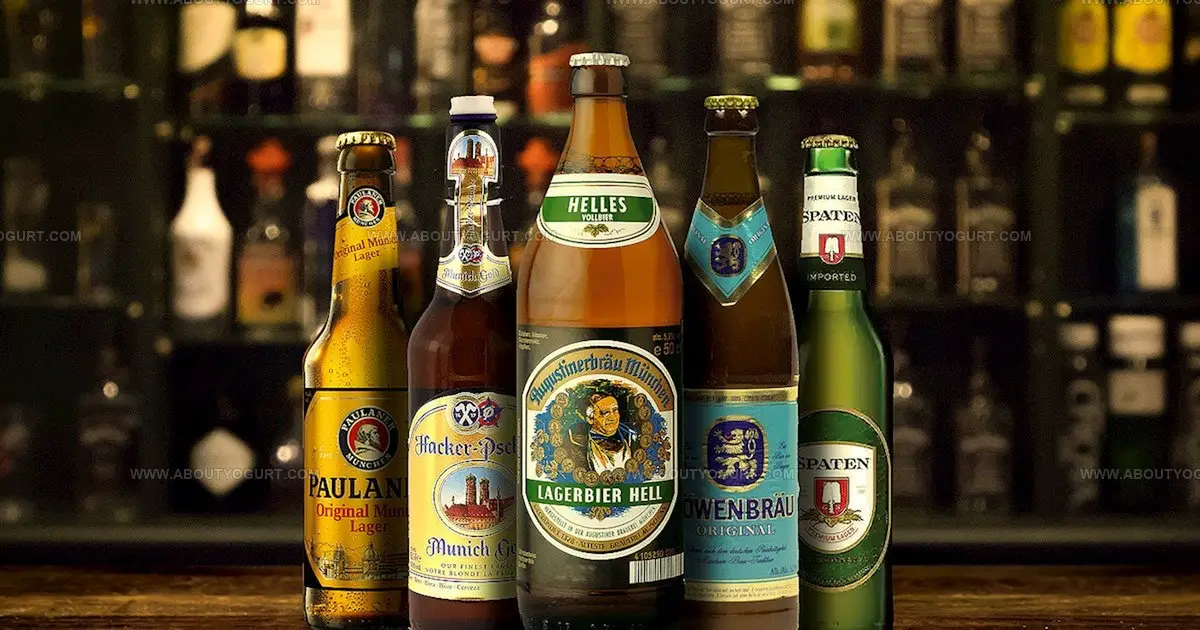
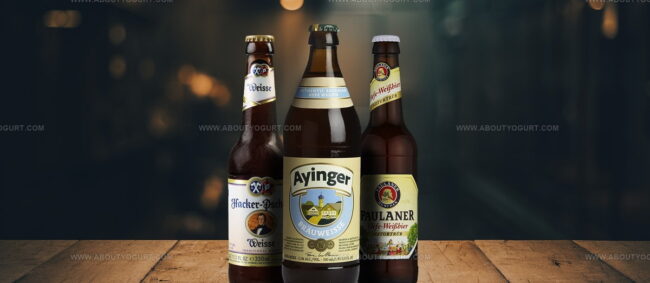
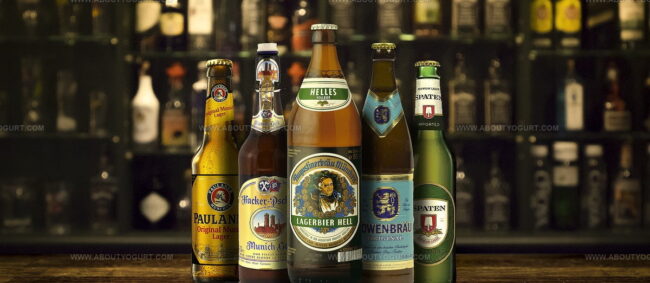
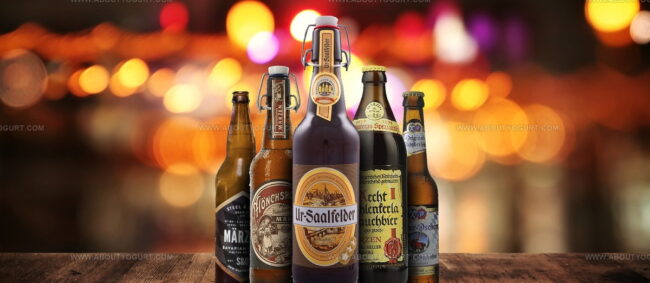
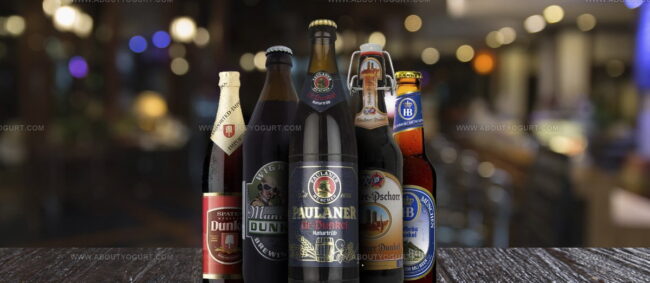
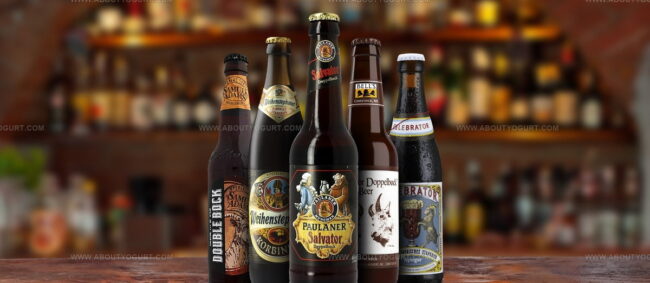
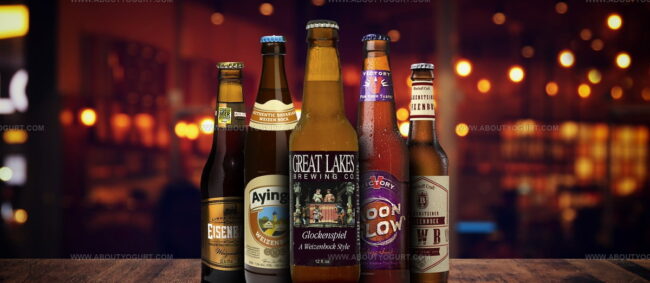
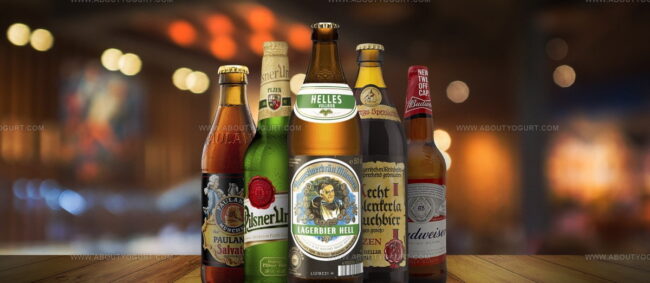
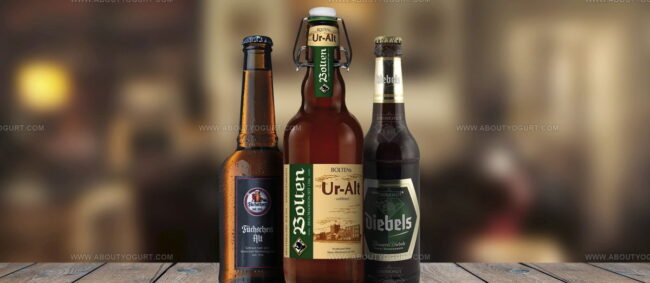
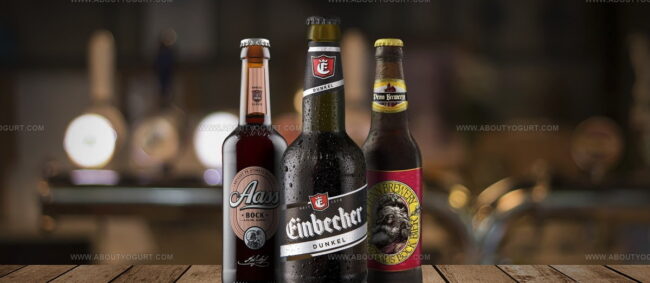
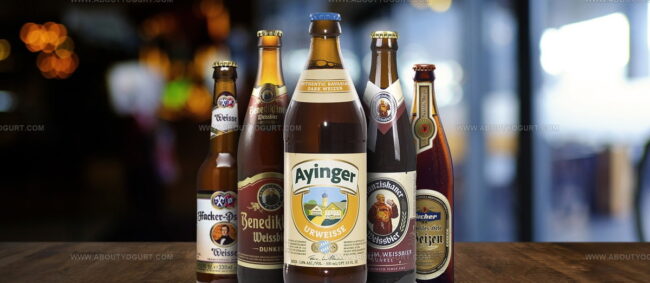
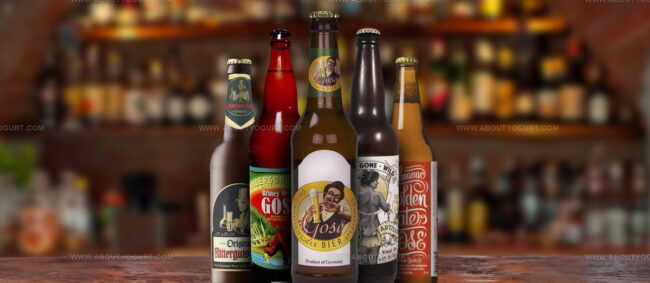
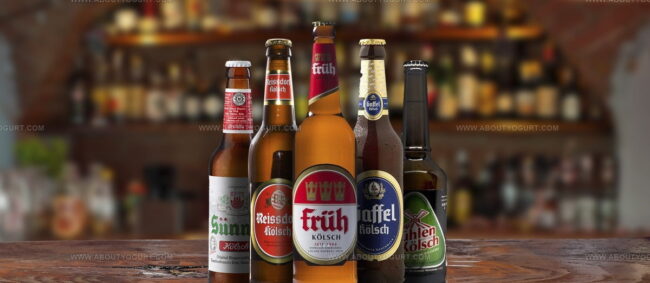
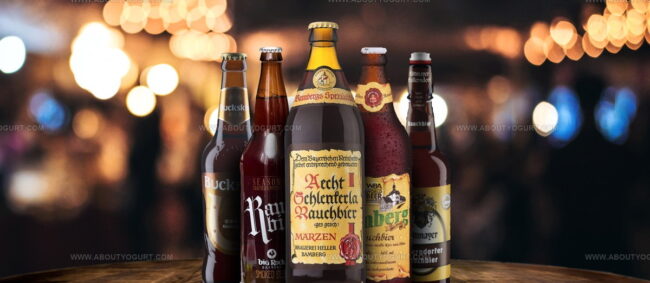
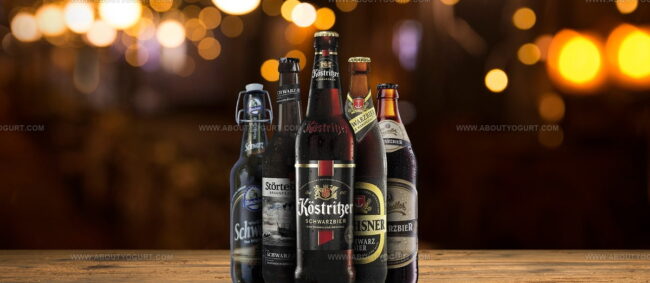
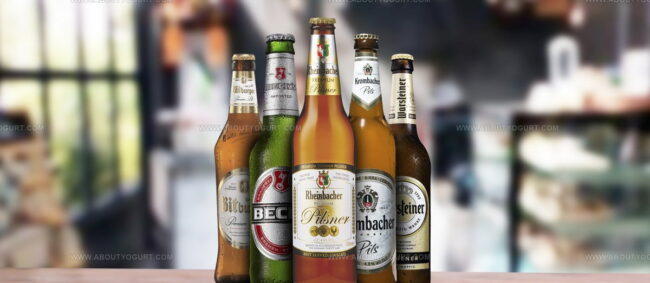
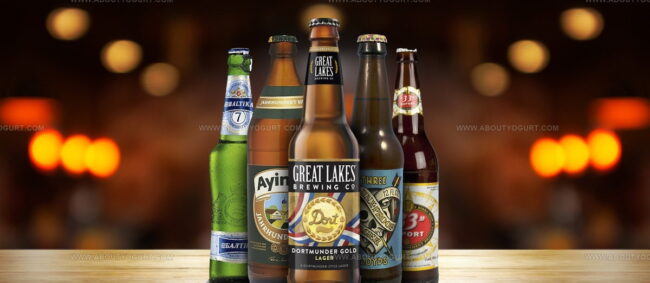
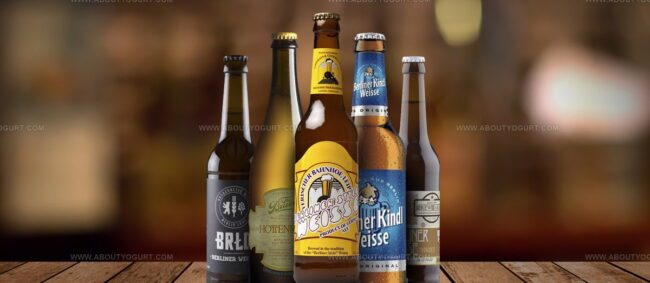
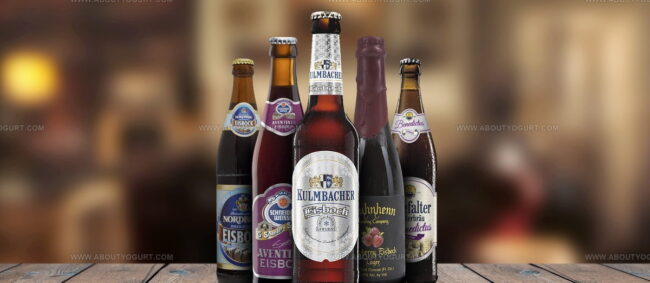
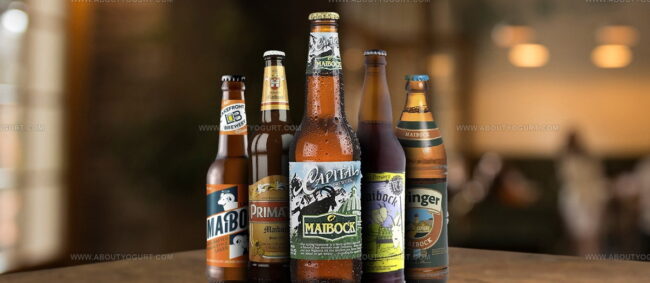
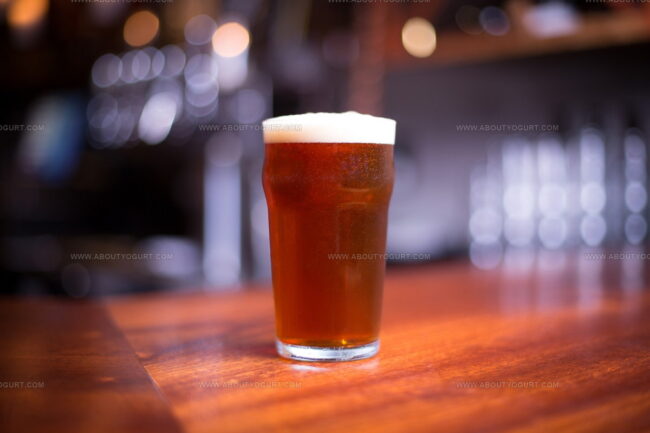
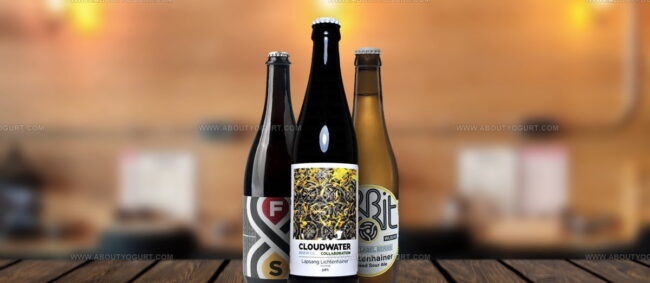
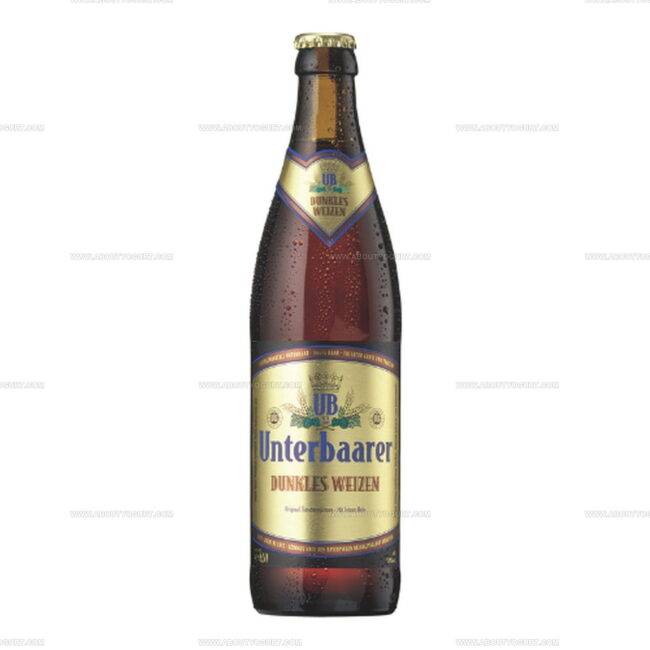
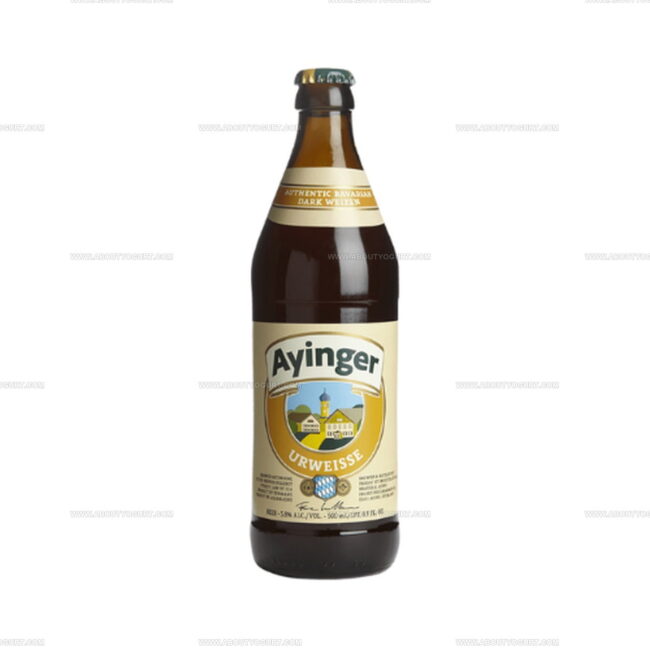
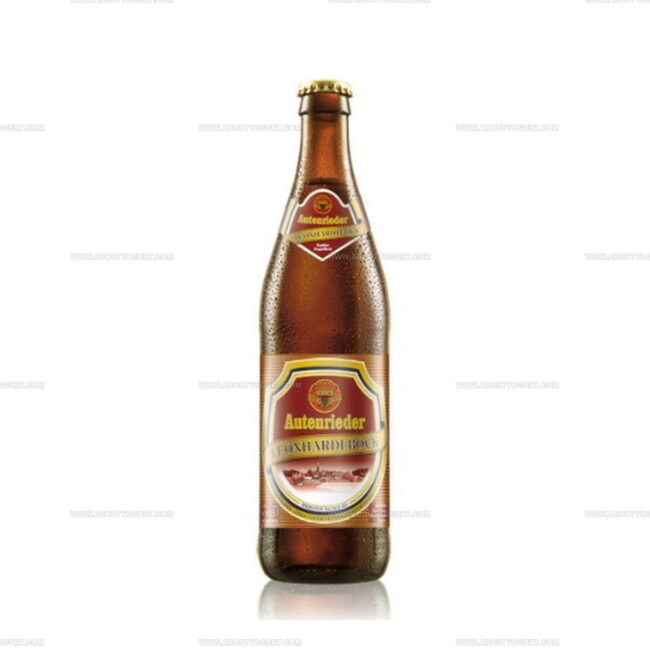
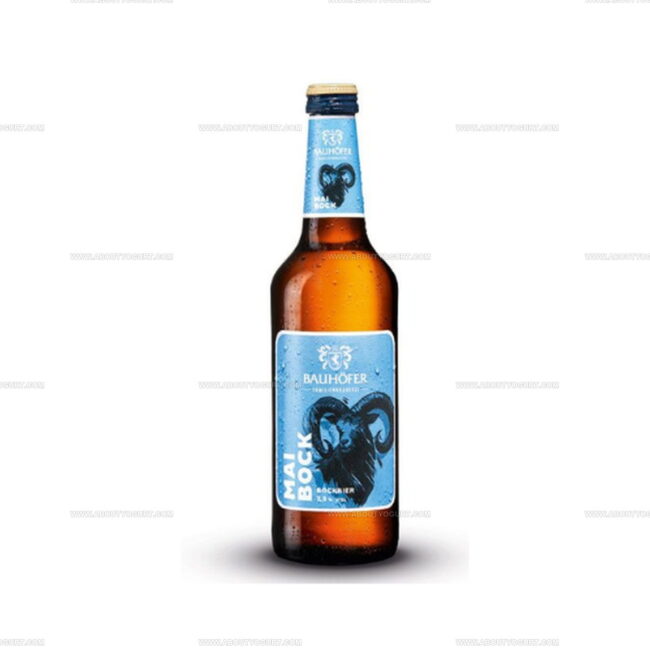
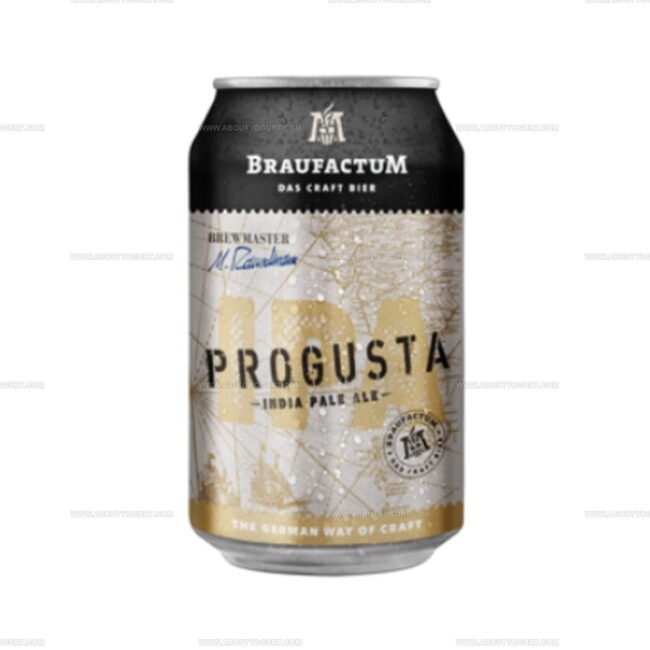
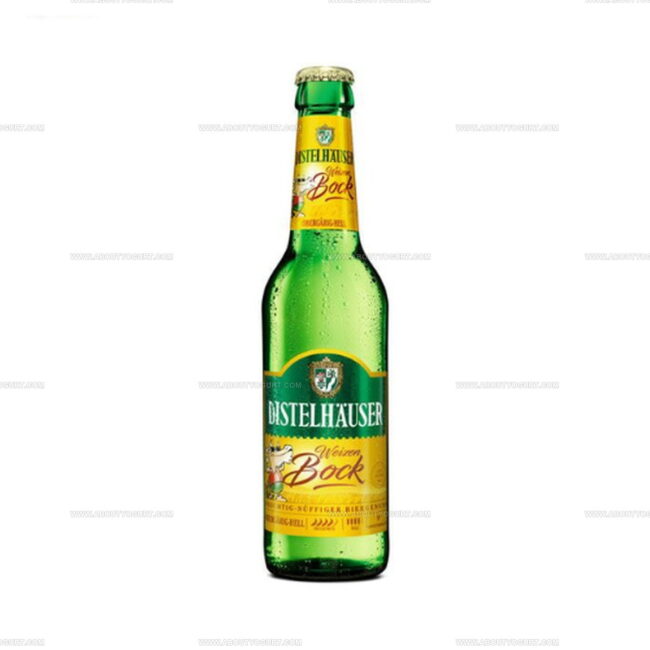
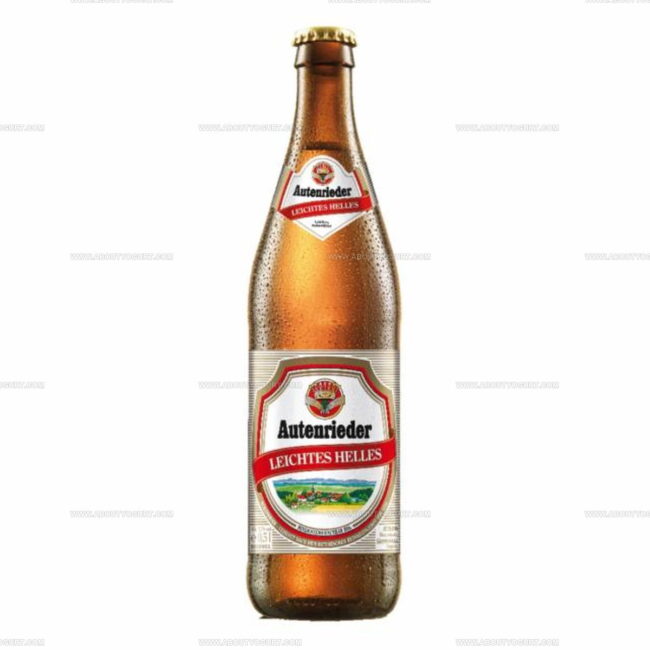
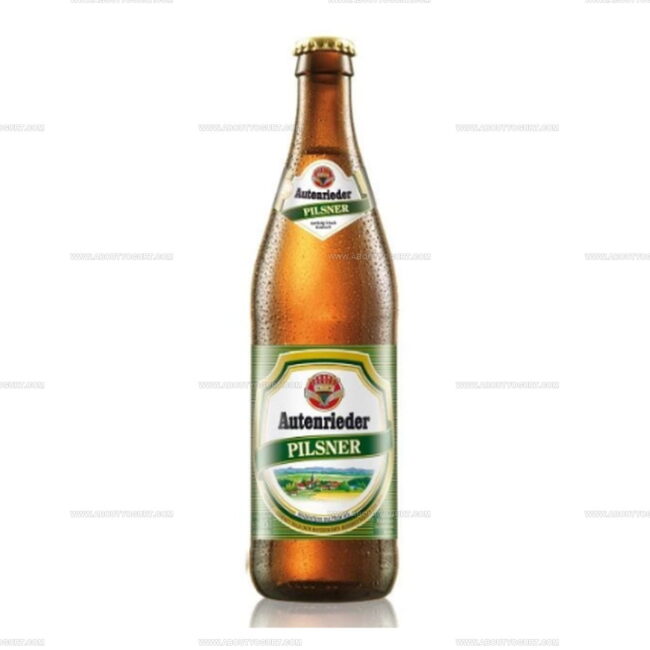
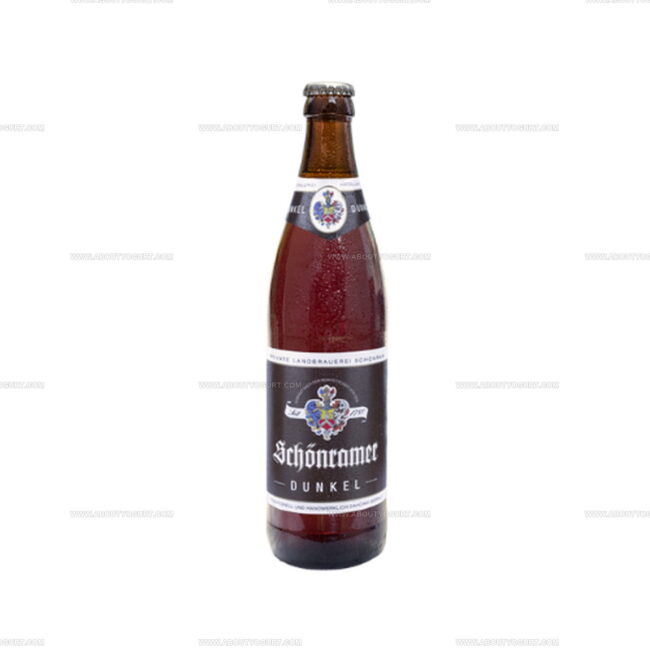
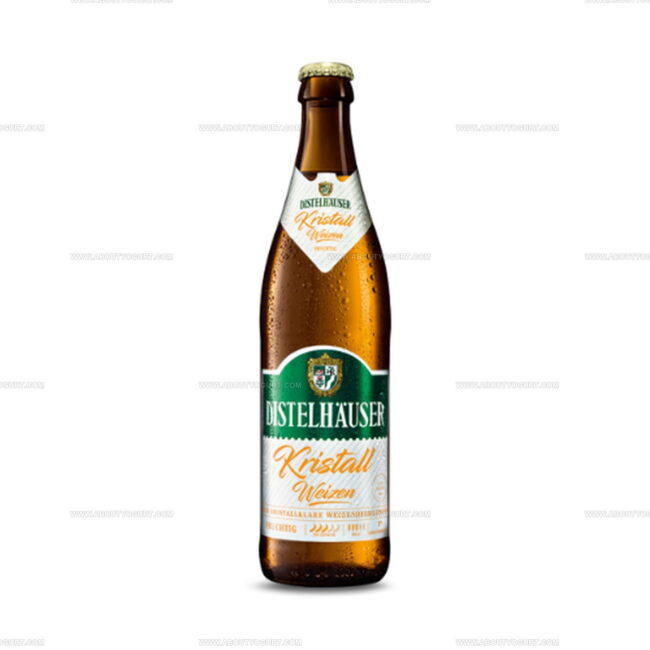
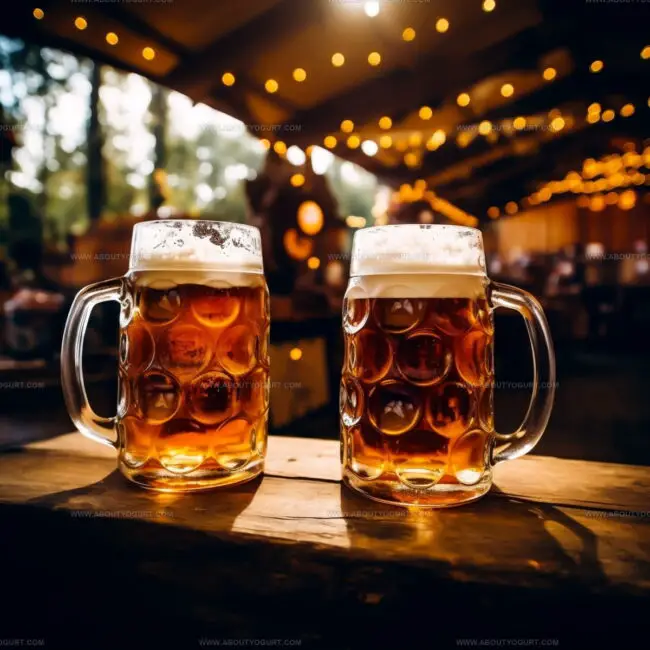
Michael Thompson
Founder & Recipe Developer
Expertise
Education
Cascade Culinary Institute – Bend, OR
ServSafe Food Handler Certification – Portland, OR
Focus: Certified in core food safety and hygiene principles for both home and professional kitchens, with emphasis on ingredient handling, kitchen cleanliness, and safe preparation methods.
Mike’s kitchen journey began with a single goal: to make everyday meals feel like something worth celebrating.
After earning his Certificate in Culinary Arts from Cascade Culinary Institute, he spent years working with local farmers and small kitchens across Oregon, learning the beauty of seasonal, small-batch cooking.
Mike’s approach is simple, cook with what’s fresh, keep it approachable, and always leave room for a little creativity. When he’s not testing yogurt marinades or designing single-serving meals, you’ll find him hiking trails or hunting down the best berries at local markets.